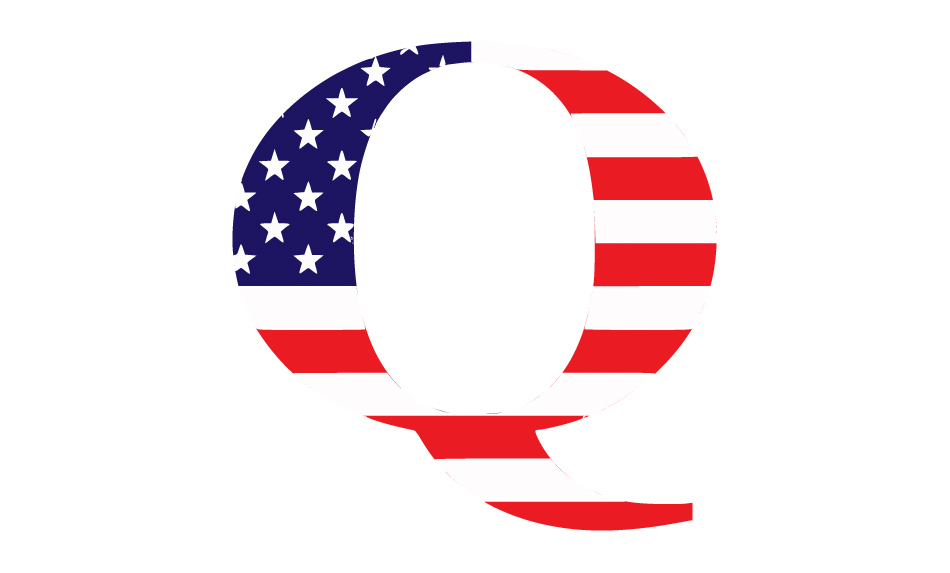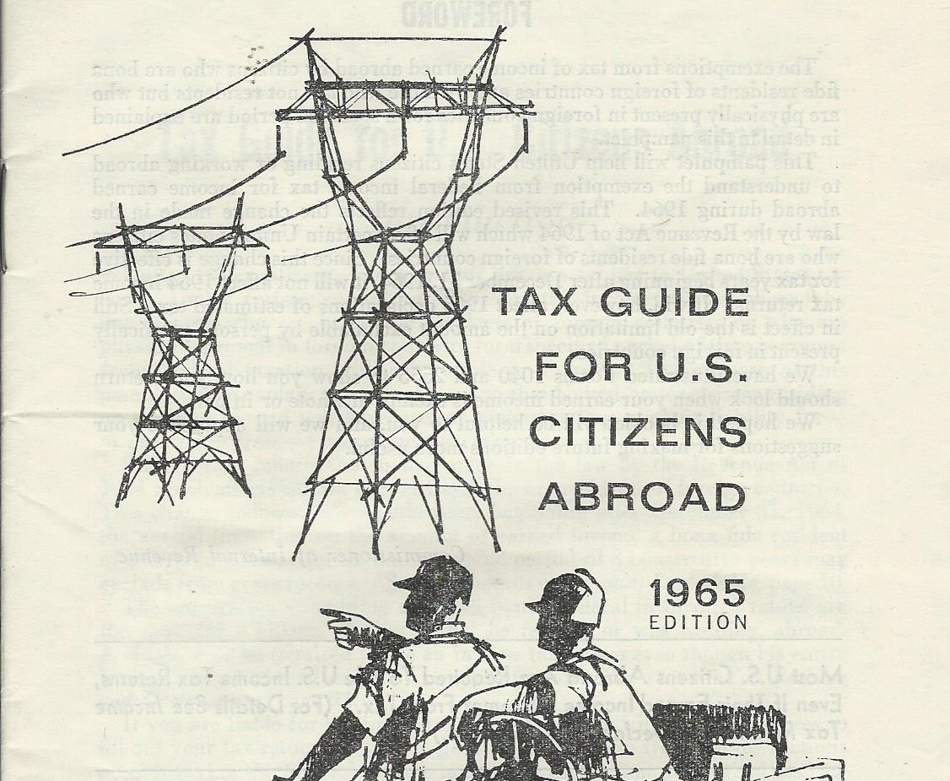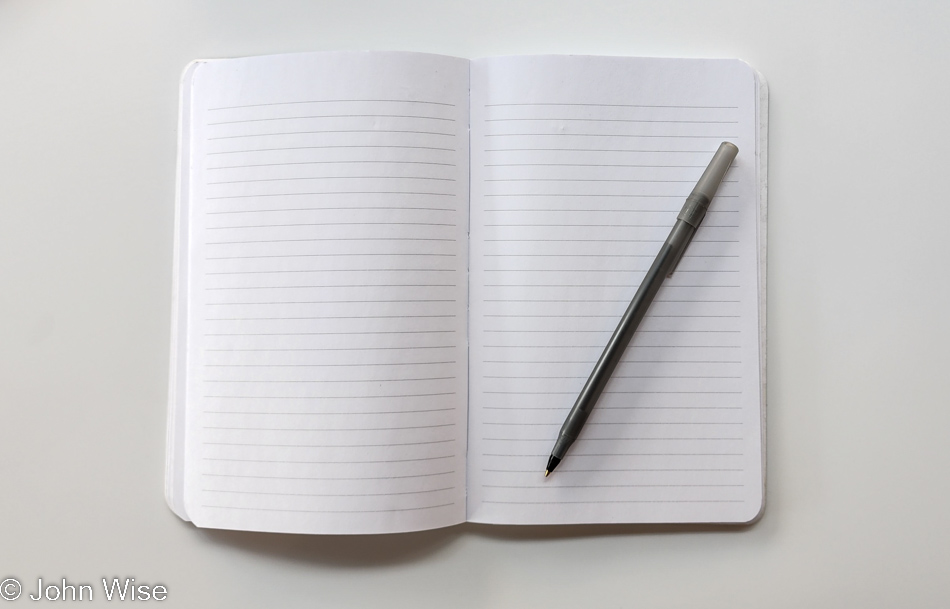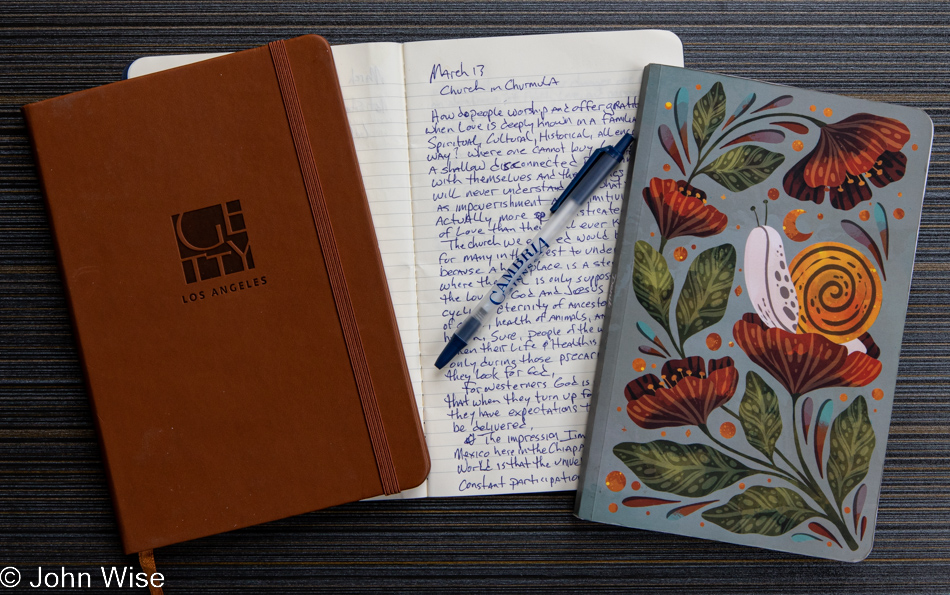
Back in October of 2021, I read a story on DailyBeast titled, “Oath Keepers Panicked That The Left Would ‘Decapitate’ Them After Failed Capitol Putsch,” and saw something I’d failed to recognize before. First of all, the story followed the devolving world of Yale Law School graduate Stuart Rhodes, the founder of Oath Keepers, a far-right paramilitary group. According to the article, following the January 6th, 2021 insurrection attempt on the Capitol, “Elmer” (Stuart Rhodes’s legal first name) told his followers that “the Biden White House was about to “conduct a ‘night of the long knives’ decapitation strike” on Oath Keepers under the guise of a massive power outage.”
So, who are the followers of the Oath Keepers, and what role has QAnon played in this? Beyond those two entities, what is the mindset that pulls adherents into the conspiracies that fuel groups that feed on this stuff and sustain the engine of producing more conspiracies? A blog post on Stanford University Press (SUP) by Sophia Moskalenko about the book “Pastels and Pedophiles” by Mia Bloom and Sophia Moskalenko shares the following:
Research on radicalization has consistently found that the subjective matters more than the objective when predicting violent trajectories. Relative deprivation is more predictive of anger and resentment than objective deprivation. Their bank accounts may not have been in distress, but that didn’t help the psychological distress of changing culture and eroding social norms. Highly subjective “life meaning” is a better predictor of overall well-being than objective economic measures.
One of the predictors of meaning in life is awe, the experience of “perceptually vast stimuli that transcend one’s ordinary reference frame”––like the “Whoa” moment QAnon followers experience when, escaping their relative deprivation, they connect the dots into a pattern. Their pain and anger transcend ordinary reference frames, filling their lives with meaning.
To those searching for meaning in the devastated sociocultural landscape, QAnon promises to make everything better. Personally discovering “the Truth,” followers experience awe, and their lives become more fulfilling as a result.
This brings me to what I failed to recognize prior to today, and that is the similarities between groups such as the Oath Keepers and the 1970s People’s Temple cult that ended in a mass suicide at Jonestown in Guyana.
When life has little meaning, and we are unable to find that thing that inspires us, isolation, loneliness, self-medication, various pharmaceuticals, and a society that doesn’t care how crazy the individual creates an environment ripe for the likes of a Reverend Jim Jones who feed the imaginations of those who need greater meaning and end up finding it in the rant of madness. In 1978, we learned that the majority of the 911 people who ended up dead were persuaded to voluntarily end their children’s and their own lives in a grueling poisoning that unfolded among nearly a thousand people driven into mass hysteria.
Today, the internet delivers voices such as QAnon in the role of Jim Jones to drive a disenfranchised large segment of our population into the madness of a conspiracy that offers them a truth of perception that alleviates the pain of uncertainty and loss. On television and in movies, there’s always a resolution to the unknowns, and the bad or evil side that is causing pain for others is clearly defined, but in real life, we ourselves are most often the culprits causing our own pain and suffering. The need to find that external cause is of greater concern than looking within to learn what we are harboring or lacking.
Someone whom a plurality of people considers potentially bad or evil can become an easy victim upon which to pin nonsensical stories. Take black Americans: throughout history, they have been lynched or imprisoned because the common bias against black men created “probable cause” and pronounced them guilty, if not for the charge at hand, then something in their past, so they “had it coming.” A large part of our population hated President Barack Obama, but our culture made it sine qua non to not voice racism in absolute terms else you would suffer ostracisation. When Obama’s last term in office neared its end, the pent-up rage from “suffering” a black president unleashed the propagandistic dogs of war, making Hillary Clinton the scapegoat while that segment of our population foisted a populist into power who held the promise of turning back the clock.
Returning to a “greater time” in the past is a contrivance of folly as only the circumstances leading into an age produce the conditions experienced as culture; we cannot manifest this by desire or any amount of hard work. This would be akin to the 30-year-old willing themselves back to being the 10-year-old, not just mentally but physically too.
The cult leader (or now the “Cult of Internet Conspiracy”) promises those anguished by being “born in the wrong decade” that the life they desire is just over the horizon. This megalomaniac offers definitive proof of who is at fault for why they feel out of sorts and lost in a society that has apparently abandoned them. Someone other than yourself is to blame, and only I can see and relate to your pain; follow me.
This devil’s bargain is a path to ruin and always has been. What good has come from following the likes of Hitler, Manson, Stalin, Koresh, Jim Jones, or Donald Trump? The most devout always sacrifice their freedom and often their lives, too. If you claim that Donald Trump improved the economic situation of Americans, the exact same was said of Adolf Hitler from 1933 to 1939, the six years before Germany invaded Poland, leading to over 50 million deaths during the following six years. All of these leaders promise to bring their adherents to some mythical promised land which apparently is code for the graveyard.
The point of this post, though, is not to argue about my biases held against those that bring ruin to their followers or if any of those named were really ever as I perceive them but to notice how the internet has brought about the power of a deranged cult leader in the form of clues, hints, videos, and forum posts that allow the congregation to meet up behind the scenes and to anonymously foment their personal revolution among the like-minded. Dispersed and unable to be contained in a neighborhood, city, or country, they are cancer living among the healthy cells, spreading their disease by reinforcing bad mental health. How can anything be orchestrated to contain madness unless it’s imposed by something operating outside of its operating field?
Just as a segment of society worries about the rule over their body and mind by a malignant artificial intelligence, disinformation, and conspiracy will be the first digital disease arising out of fear to cause widespread damage to the body of society, requiring drastic remediation to purge the illness from our population. I mention those afraid of AI as though they abhor the idea of being obedient to a nefarious AI, yet they are busy infecting themselves with a disease that has only previously been fought by means of armed conflict, either from policing or actual war.





